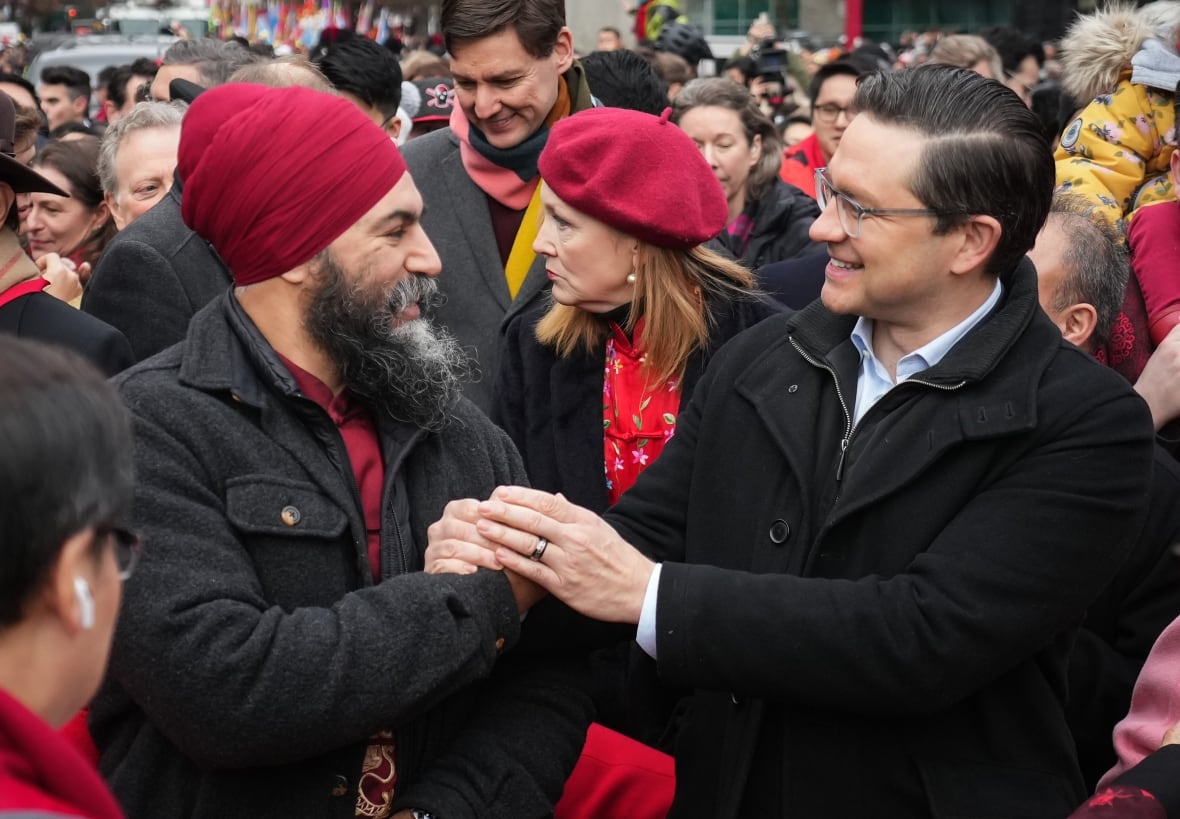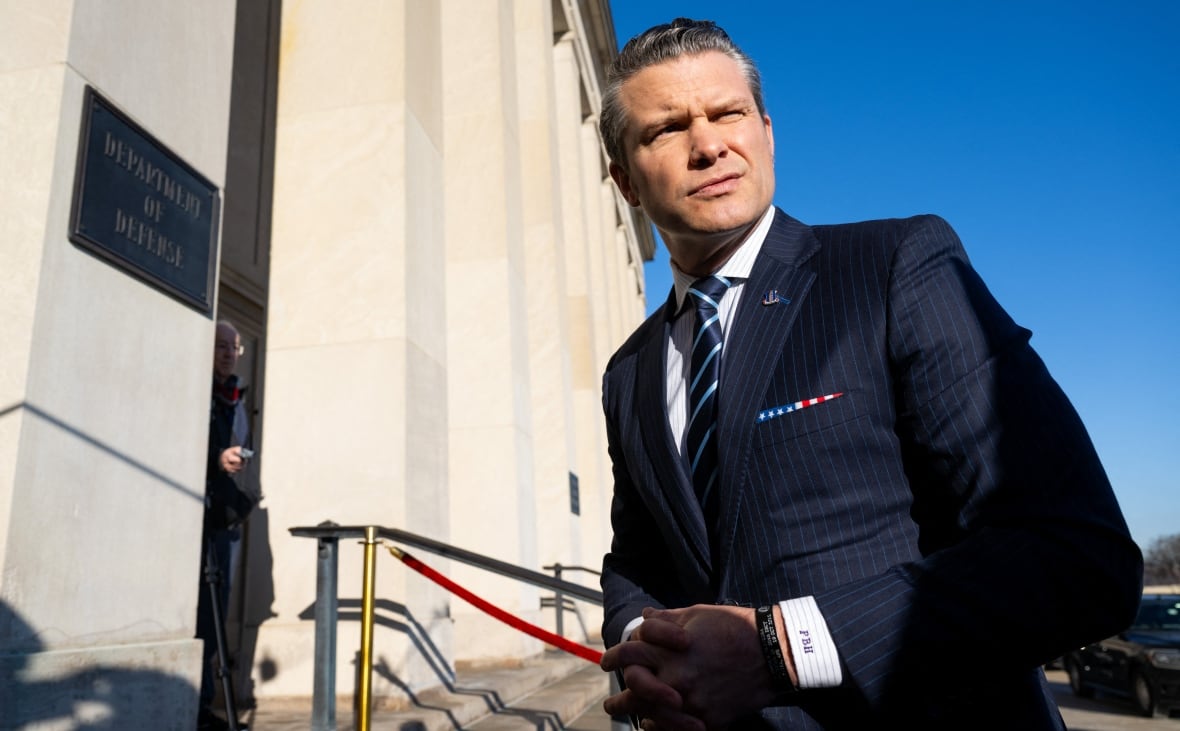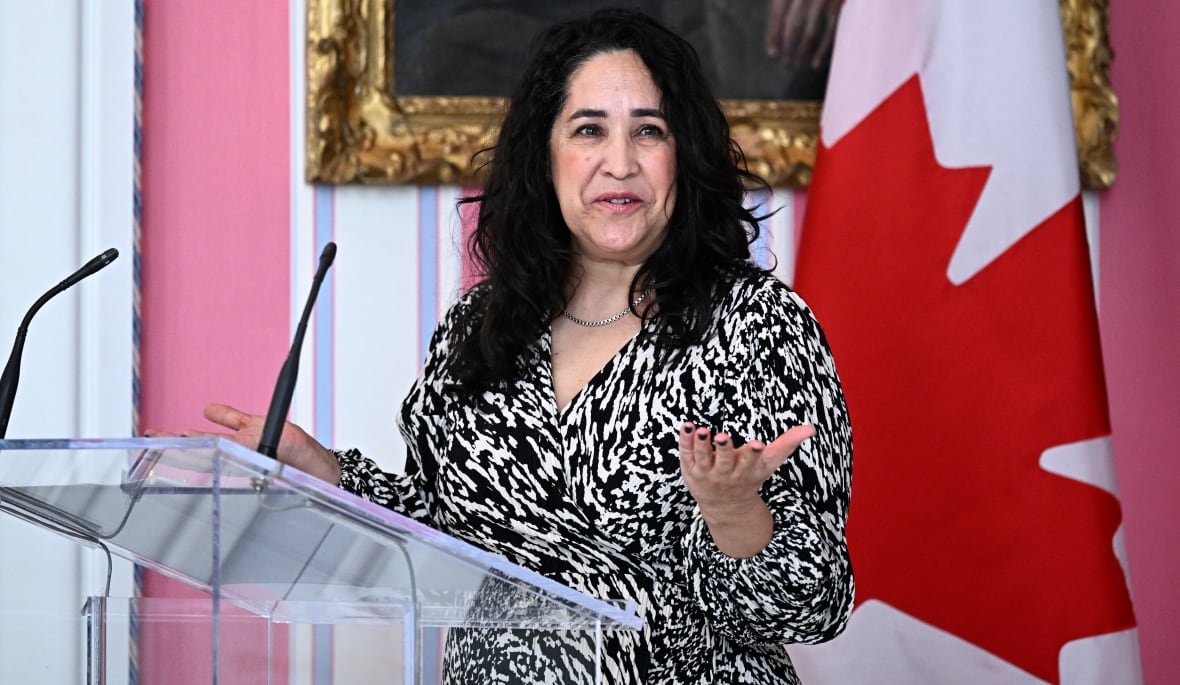Nunavut communities are announcing the end of their administration of the Inuit Child First Initiative as they wait to hear whether the program will be extended beyond its March 31 end date.
The federal program is meant to help Inuit children and families across the country, providing money for health and social services and supports.
In 2023-2024, almost 6,000 children from Nunavut accessed the program, according to Indigenous Services Canada, the department that oversees it. A total of $390 million has been spent on the program since it was launched in 2019.
Many hamlets in Nunavut, like Arviat, have taken on the administration of the program themselves. Arviat has three full-time staff dedicated to running the program.
Joe Savikataaq Jr., Arviat’s mayor, says 1,450 kids in the community of roughly 3,000 people have used the program since the hamlet started administering it in 2024.
Now, the hamlet has told its residents that its funds will end in March. Savikataaq Jr. says with Parliament prorogued, he’s not sure if the federal government will extend the program.
“I hope as soon as they get back that they deal with it and let the people know if it will continue or not rather than just making us sit and wait in suspense,” Savikataaq Jr. said.
He said since the program’s launch, he’s seen it help families in need, giving them access to diapers, infant formula and nutritious food.
Nunavut has the highest child poverty rate in the country, with 42 per cent of kids 18 and under living in poverty. That’s double the national average.
Caroline Kuksuk, who also lives in Arviat, is a single mother to seven children. She said she’s used the Inuit Child First Initiative to buy infant formula and diapers, which have become increasingly expensive.
“I’m shocked … these children, single parents mostly with little ones, need help,” Kuksuk said of the program potentially ending.
Geoffrey Byrne, who administers the program for the City of Iqaluit, told CBC in an email that the program in the capital city will also end on March 31, because that’s when its current agreement will run out.
“If the program is reactivated, it is likely that we would need to reapply. This notice is simply to inform residents that the program will be stopping as per our contribution agreement while we wait for further updates on next steps and the reapplication process,” Byrne wrote.
Savikataaq Jr. said he’s been reaching out to the federal government for updates, but it’s been a “one way street.”
“We’ve been sending but not receiving,” he said.
Changes made to program
Indigenous Services Canada is also making several changes to the Inuit Child First Initiative, following changes it made to the Jordan’s Principle program for First Nations children.
Indigenous Services Canada told CBC in an email that requests now need to include supporting documentation from a professional that clearly links the requested service or product to the child’s specific need.
“Any requested product, service or support must clearly address the distinct needs of the Inuk child, how the child experienced gaps or delays in accessing government services, and/or were denied an existing government service because of their identity as an Inuk child,” the spokesperson wrote.
They also said several items previously approved under the program now are not, “unless such funding is required to achieve substantive equality.”
Costs which are no longer eligible under the program include home construction or renovation, support for sporting events, international travel, non-medical supports like travel costs, childcare, clothing, furniture and vehicles, and school-related requests.
The spokesperson also said having a previously approved request doesn’t mean it will be renewed again.
#Nunavut #communities #announce #Inuit #Child #program #deadline #approaches










Leave a Reply